Can we talk about the economy? More specifically, let’s examine why the luxury handbag market has yet to be (or seem) affected by disappointing economic news and a depressed stock market.
The rich are not necessarily getting richer at the moment. Moreover, it is hard to ignore stock portfolios in decline and reports of inflation climbing 8.2% in 2022. Everything from gas to food to, yes, even purses, costs more.
And yet, Louis Vuitton Moet Hennessey (LVMH) announced revenues rising nearly 20% in Q3 2022 (28% for the first nine months of the year). Hermès is expected to do the same next week.
For LVMH, the business line most responsible for moving the numbers is Fashion and Leather Goods. In other words, consumers have continued to buy Louis Vuitton and Christian Dior ready-to-wear, bags, and shoes this year. At least so far.
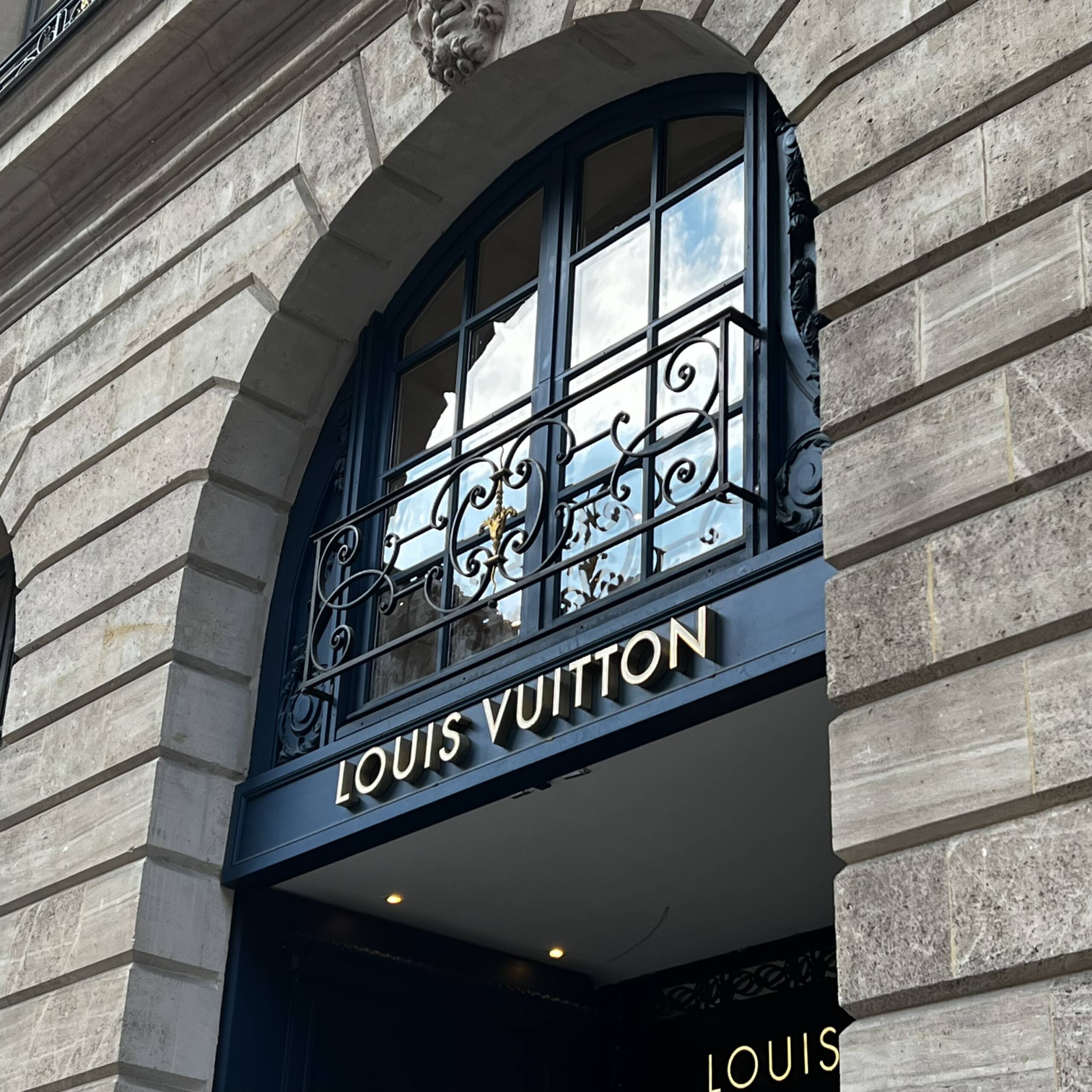
Typically, inflation hits hardest first those with the smallest cushion as basic necessities are just that – basic and necessary and there’s little room to be cost-sensitive. Since they cannot be eliminated, more of household income goes to covering the increasing cost.
So it’s probably no surprise that in the early stages of inflation –arguably brought on by the pandemic– luxury buyers were less affected. As a result they continued their spending sprees, despite ever soaring prices for those items.
Read:
What’s Really Going On With Chanel Prices
Here are the New Chanel Prices in Europe August 2022
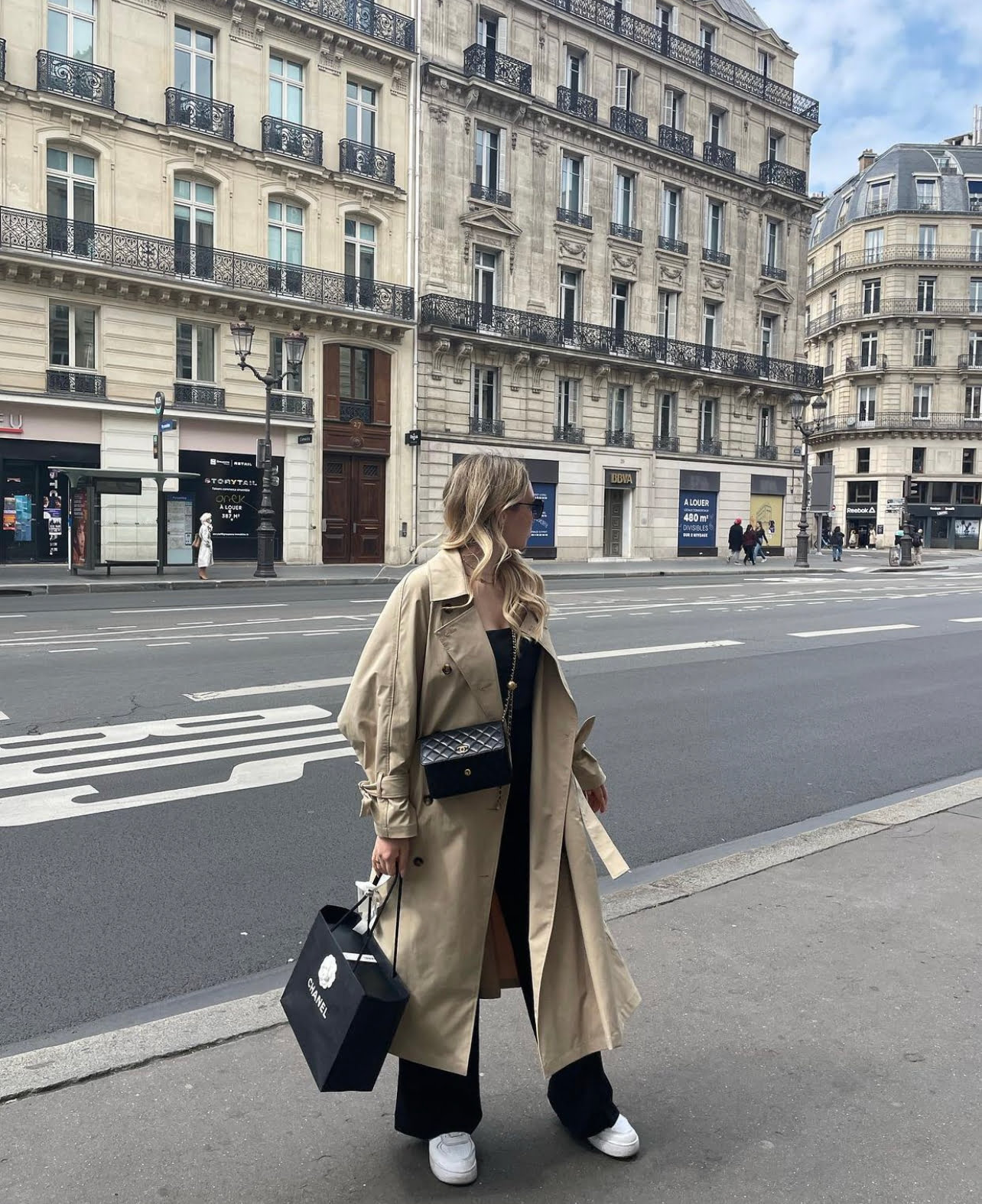
@marielouis.fs
Now, however, the economic news cuts deeper. And the expected taming of inflation remains a wish rather than reality. Just try getting a car for MSRP, let alone discounted. Add to that the dropping value of stock portfolios (we can debate whether from over-inflated points). It’s no wonder some are feeling shaky about their financial footing.
Consider the multitude of recent (and late to the game) articles about people investing in handbags as a check on inflation. It’s an “investment” PurseBop has been discussing for years, as luxury bags became categories in investment indices as well as the subject of heritage auction house sales.
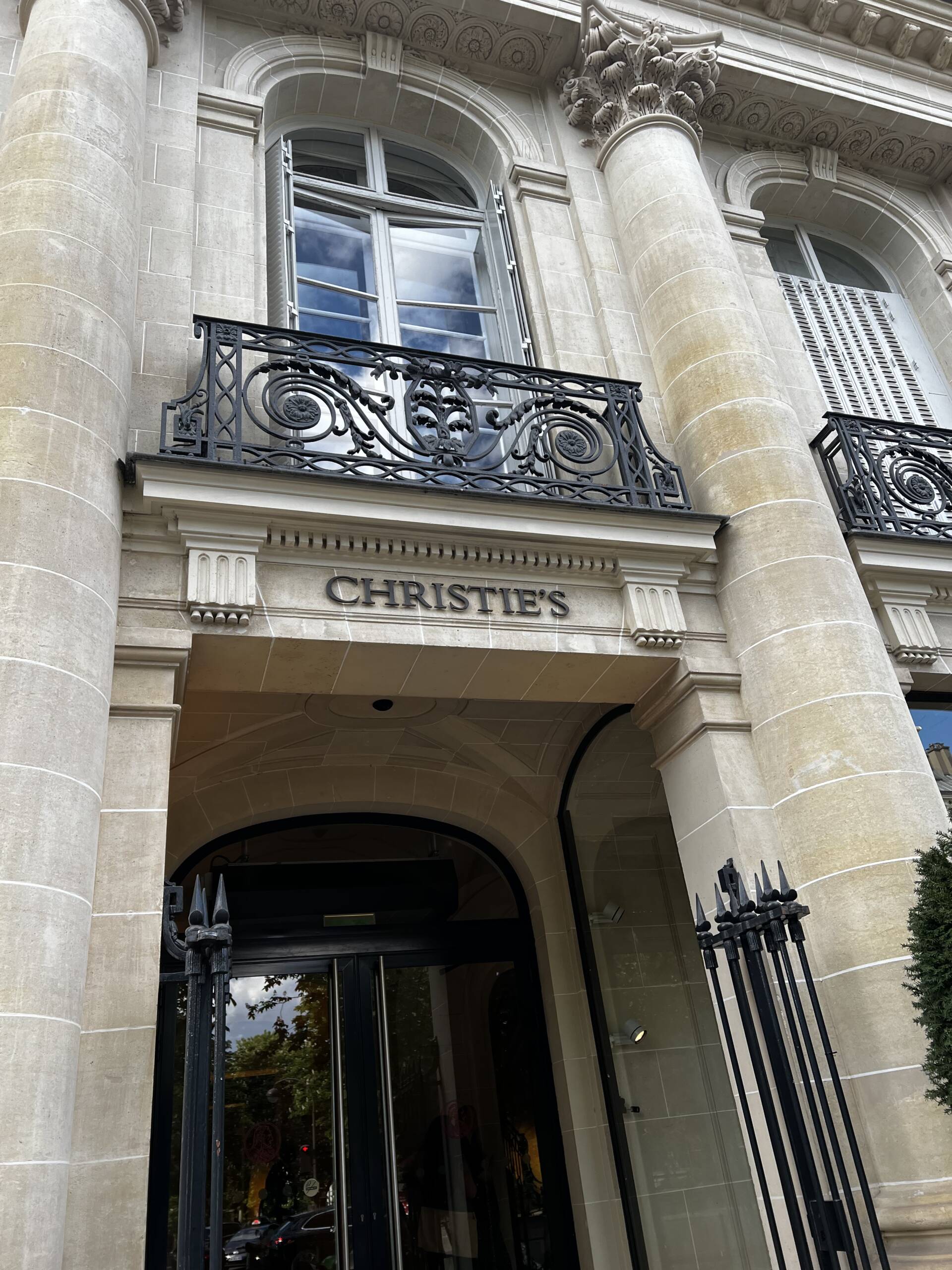
Christie’s, Paris.
We are still not saying handbags are an investment per se, as over decades the stock market proves to be better. In reality, with exceptions of course, bags rarely truly increase in value unless rare and unused. Nevertheless, some are now choosing to invest in purses, whether by retail or reseller market.
For as much as retail luxury brands report no decline in demand, the same may not be true in the resale market. Inventory is not moving as quickly. Perhaps not obvious at first glance, but prices have declined.
As one example, a Hermès mini Kelly that once traded for $40K from a reseller, now lists at $25-30K. Of course, with a retail price of about $8,800, the markup still seems huge.
Read: Deep Dive Investigation Into the Popularity and Values of the Hermès Mini Kelly 20
No doubt, we may all still rush into our Hermès boutique with an open wallet when there’s a whiff of an available quota bag. However, the same isn’t necessarily true when the same bags hit reseller websites. It seems some are rethinking the premium price tags on the secondary market.
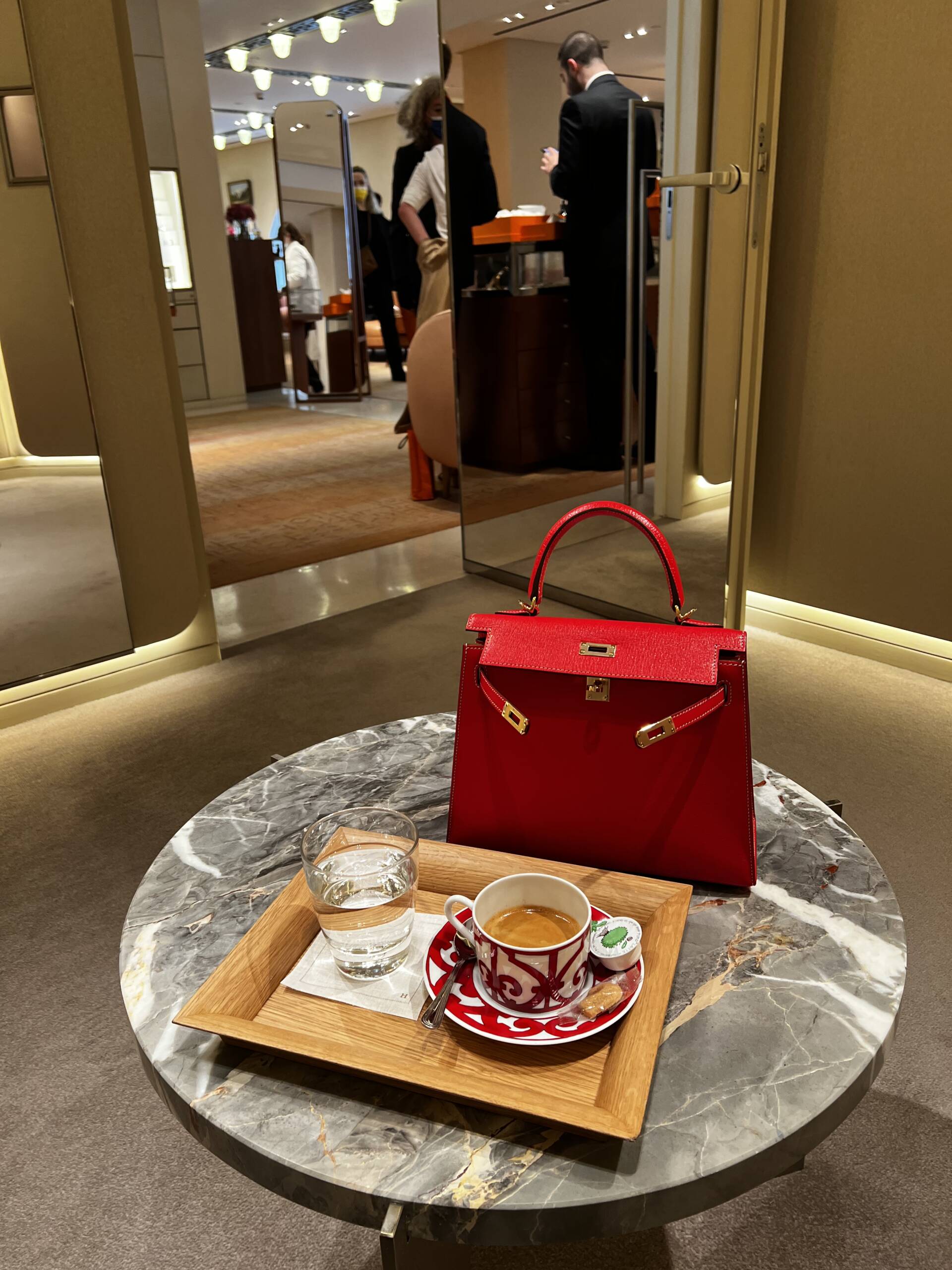
Hermès FSH Paris.
There is another reason for the possible cash crunch facing the luxury consumer. It is time to pay for those European vacation luxury splurges. A strong US dollar made shopping abroad this spring and summer a bargain for traveling Americans. Indeed, some of the anticipated U.S. demand for these items was satisfied abroad. As a result, U.S-based sales were a bit softer.
However, the long lines and waits at top Paris outposts like Chanel, Hermès, Louis Vuitton, and Dior resulted in booming sales. Those purchased were mostly charged on credit cards. And now, those Amex and Visa statements are here, demanding payment.
Read:
Shopping Implications for the Dollar and Euro Approaching Parity
Buying a Chanel Classic Flap at the Flagship in Paris and the Savings
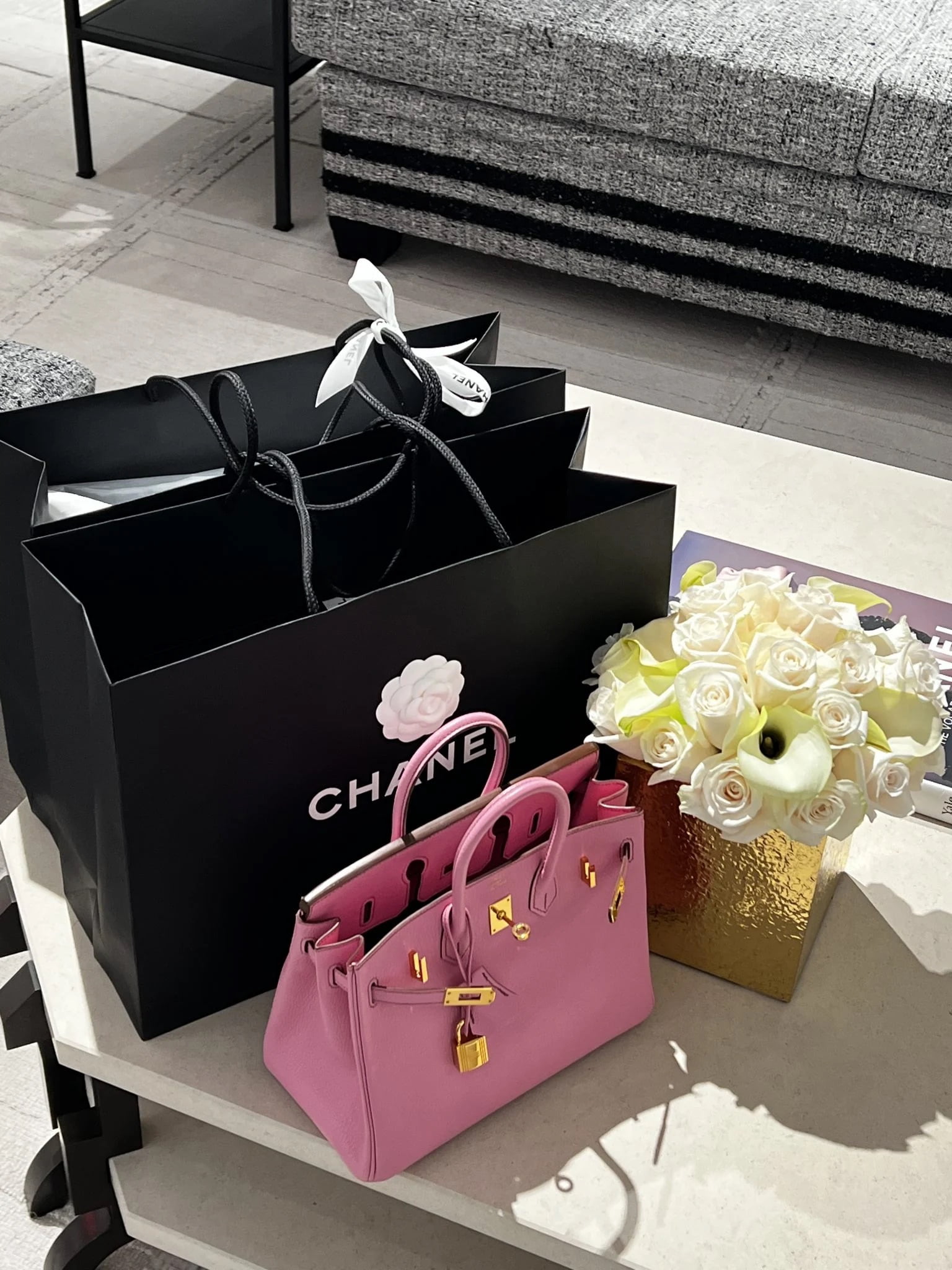
Of course, with end-of-the-year holiday shopping on the horizon, luxury bag purveyors may have little immediate concern. At least for the remainder of 2022.
The real question is what happens in 2023. Could we finally see a decline in demand for top luxury brands? And what if there are more big price hikes on bags. Only time – and the economy – will tell.
Is the economy affecting your purse purchasing plans? Are you on pause, full steam ahead, or more selective?
Read related articles:
Where is a Chanel Classic Flap Less Expensive?
LVMH Revenues Continue to Rise in Q3
6 Hermès Bags Under 6K – 2022 Edition
The Craie-ziness of Hermès Resale
A Deep Dive into Hermès Étoupe: Why It’s Always at the Top of the Charts
Love, PurseBop
XO
Updated: October 16th, 2022



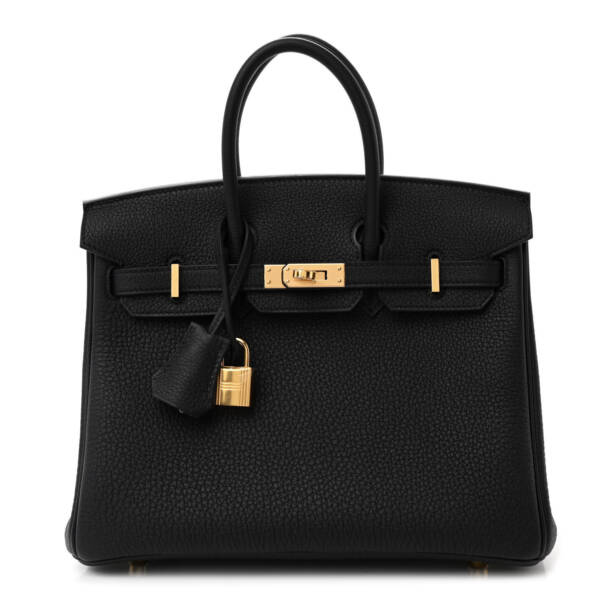
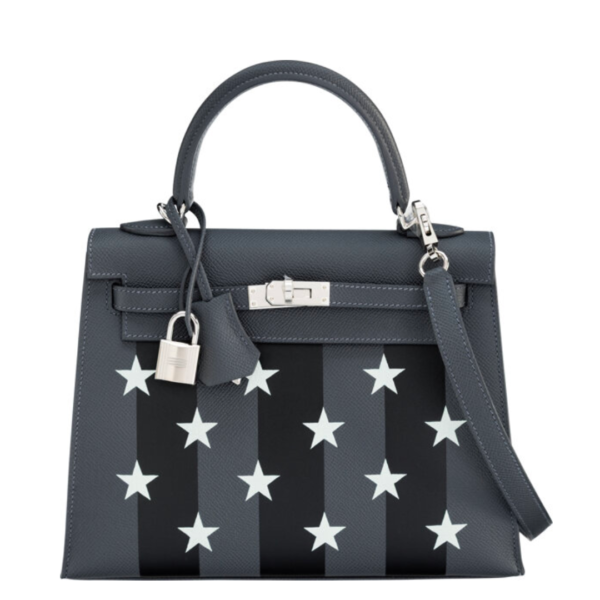
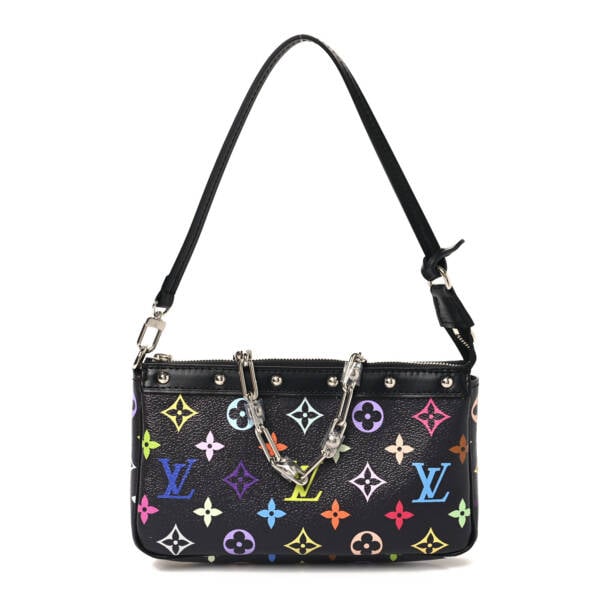
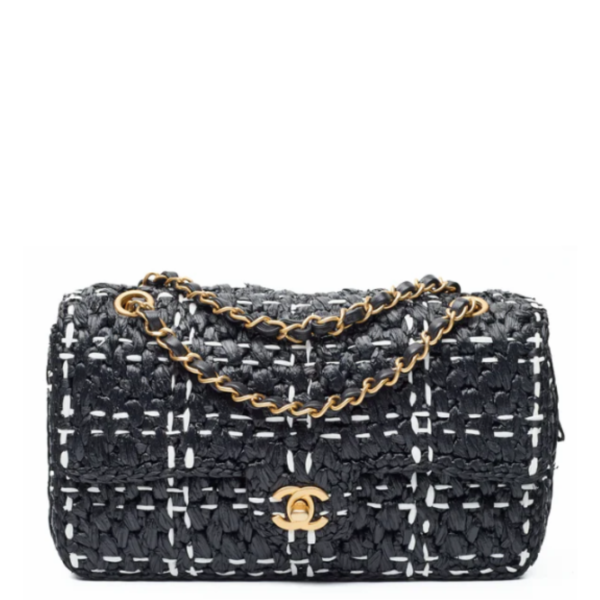
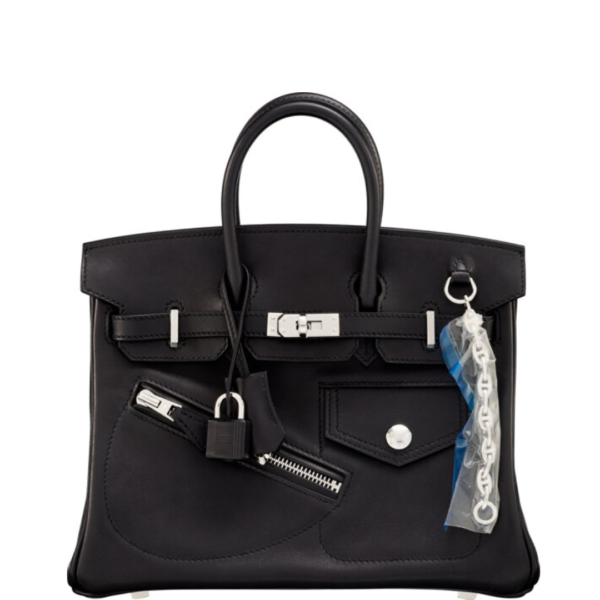
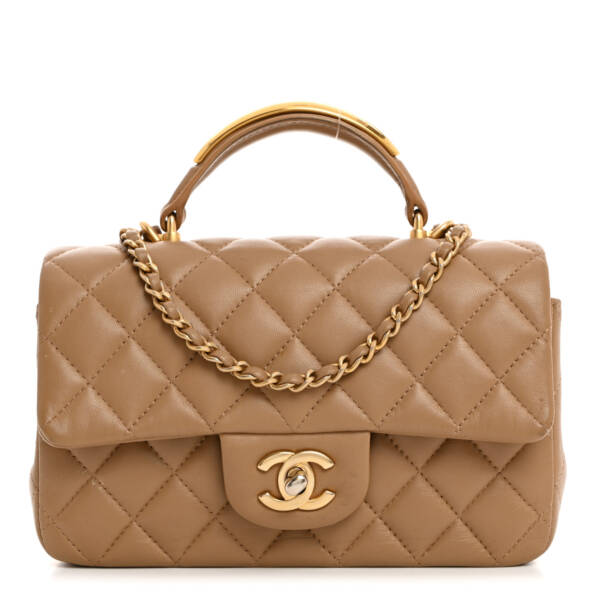
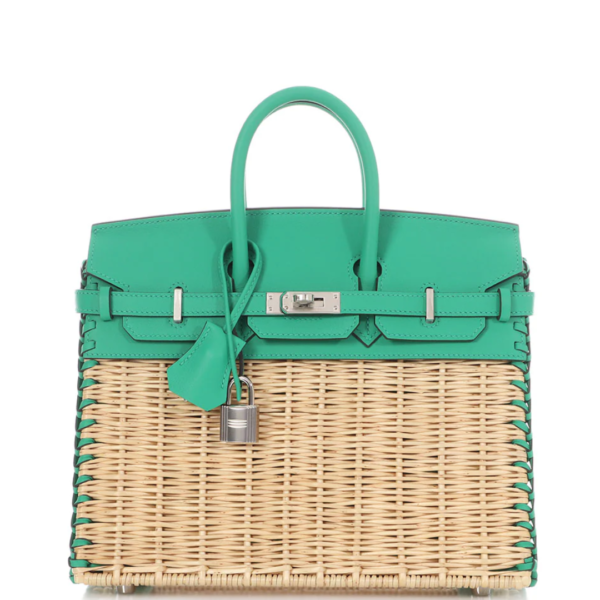
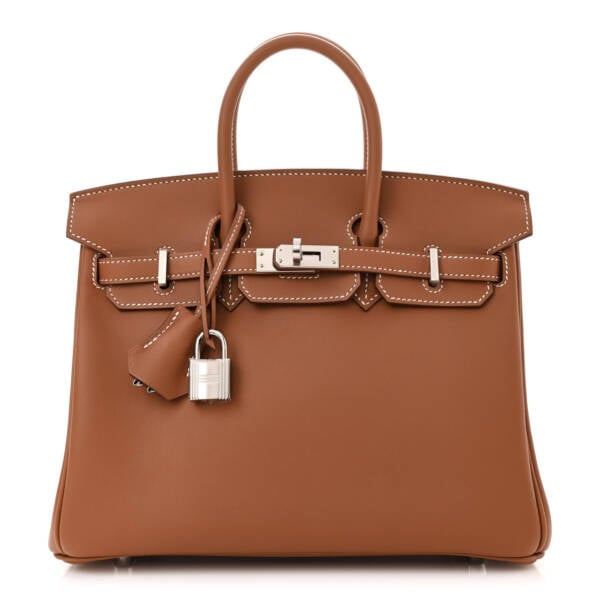
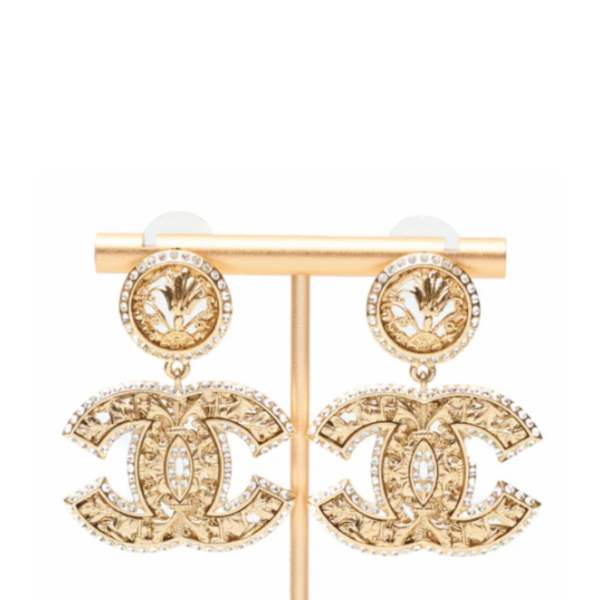

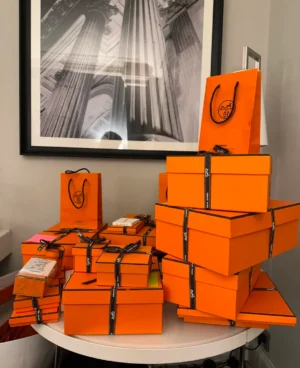

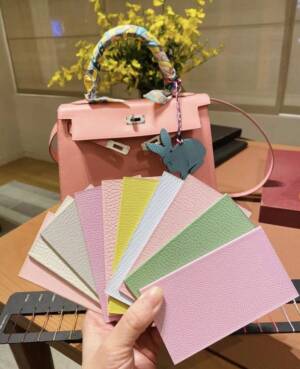
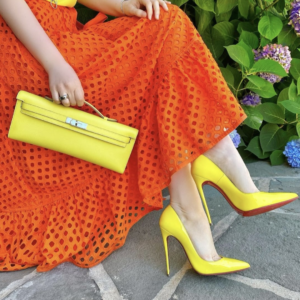
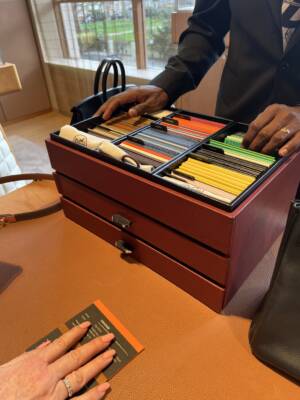
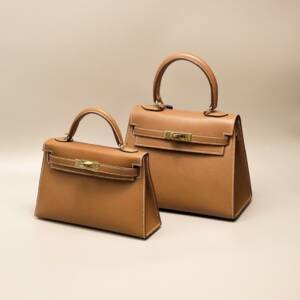


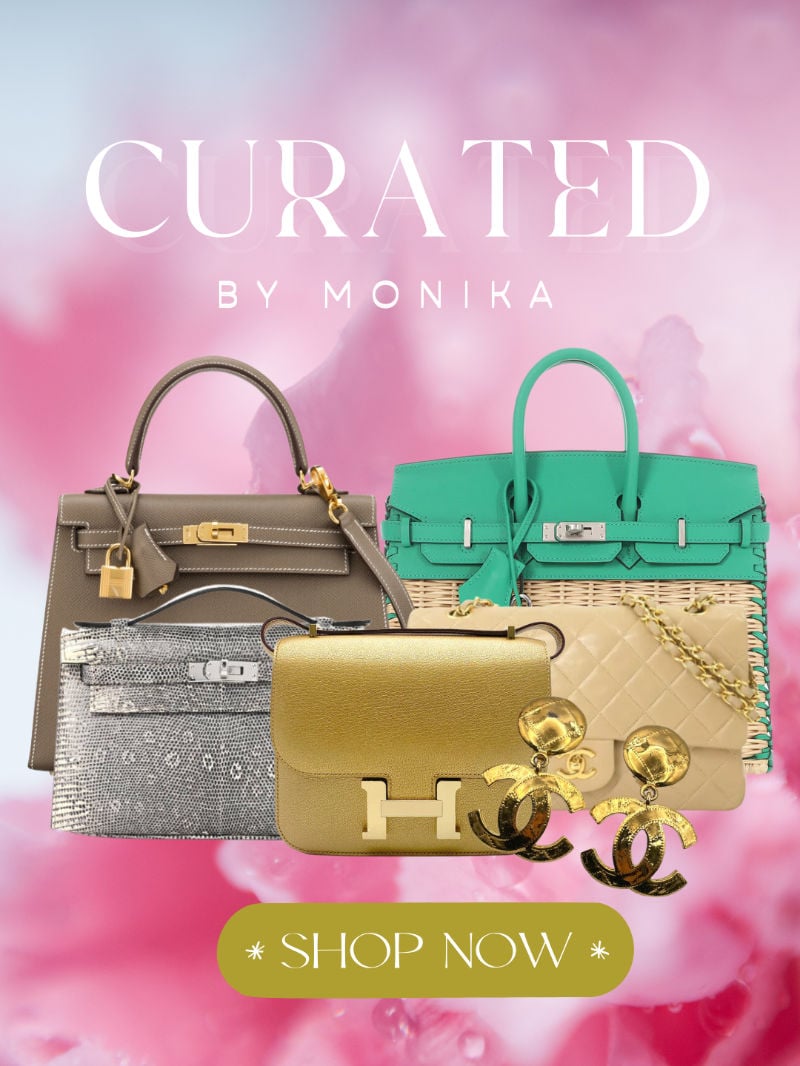
Comments